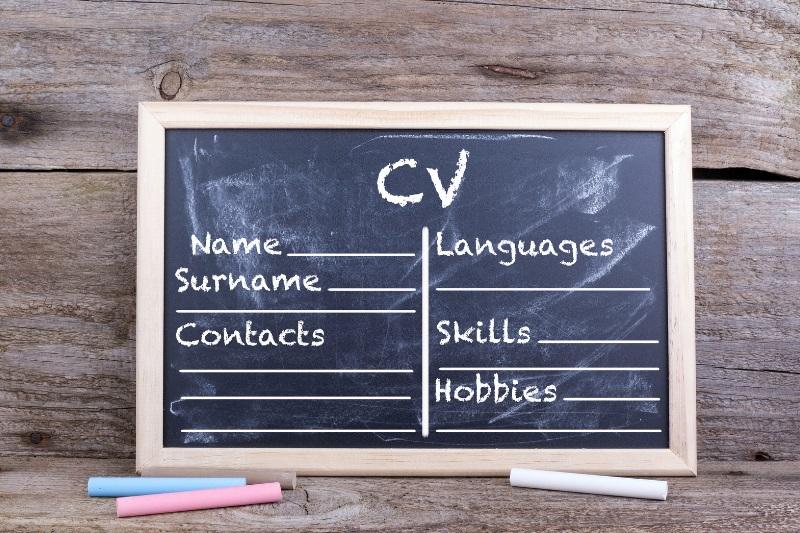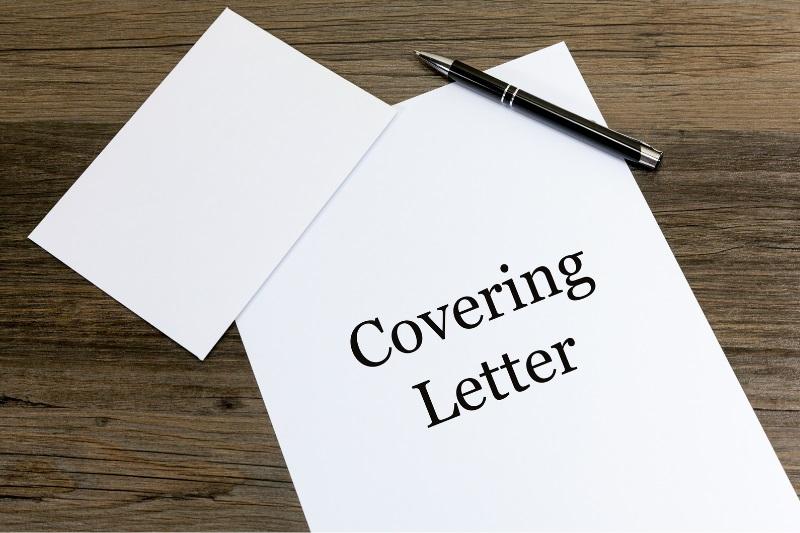Helping you get hired
Whether you’re applying for part-time work, an internship or a graduate job, we will support you through every stage of the recruitment process.
From tailoring the perfect CV and prepping for a psychometric test to acing an interview or assessment centre, we’ll equip you with the skills and resources needed to give you the best chance of standing out to employers.

Your CV is a marketing tool - not a list of everything you have done – so use it to sell yourself to a specific job
UK CV’s - Some general rules
- Do not be generic - tailor your content to the specific criteria required for the job
- 2 pages maximum
- Don’t include a photo (unless you are an actor or a model) or your date of birth
- Use reverse chronological order (your most recent job first).
- Order sections according to relevance to the reader (for a graduate job this is likely to be ‘Education and Qualifications’, or ‘Employment Experience’ for a part-time job)
- Avoid using templates instead refer to Prospects and TargetJobs for sample formats.
CareerSet is an online AI tool which will assess your CV/cover letter and provide immediate feedback with targeted suggestions to ensure you make it as effective as possible, and in addition, it can also help you to optimise your LinkedIn profile.

What should be included in a covering letter?
Your covering letter should explain your motivation for applying, highlight key skills and experience and encourage the reader to read your CV.
Top tips:
- Keep it to one page
- Address your letter to a specific person
- Use your knowledge of the company to explain why you want to work for them.
- Mirror the language of the job

Tips on application forms
Read the questions, draft your answers on a word document and spell check before you copy and paste into the form, making sure to keep a record of the answers you submit. Make the most of your word count, hitting key competencies with the STAR format: Situation, Task, Action, Result.
Find more top tips on Targetjobs or book an application form appointment with a Careers Consultant via MyFuture

Congratulations!
Interviews are an important part of the recruitment process. During an interview an employer will try to figure out if and how you fit into their company or organisation. But any interview is a two-way street.
You’ll also be figuring out if it’s an organisation you want to work for. See yourself as a valuable resource that is potentially available to an employer.
If you have got as far as in interview, it means you’re CV or application has successfully evidenced how you match the skills and experience the recruiter is looking for. It’s now time to make the most of the opportunity and secure that position. Yes, interviews can be nerve-wrecking, but we have plenty of resources and tips to help you.

Find out more about assessment centres
Assessment Centres typically take place over one or two days and involve a range of recruitment activities including interviews, psychometric tests, group tasks, presentations, in-tray exercises.
They are designed to give a recruiter a more rounded view of who you are as a person – you typically interact with other candidates as well as with the employer. Employers will be particularly interested in how you interact with others.
